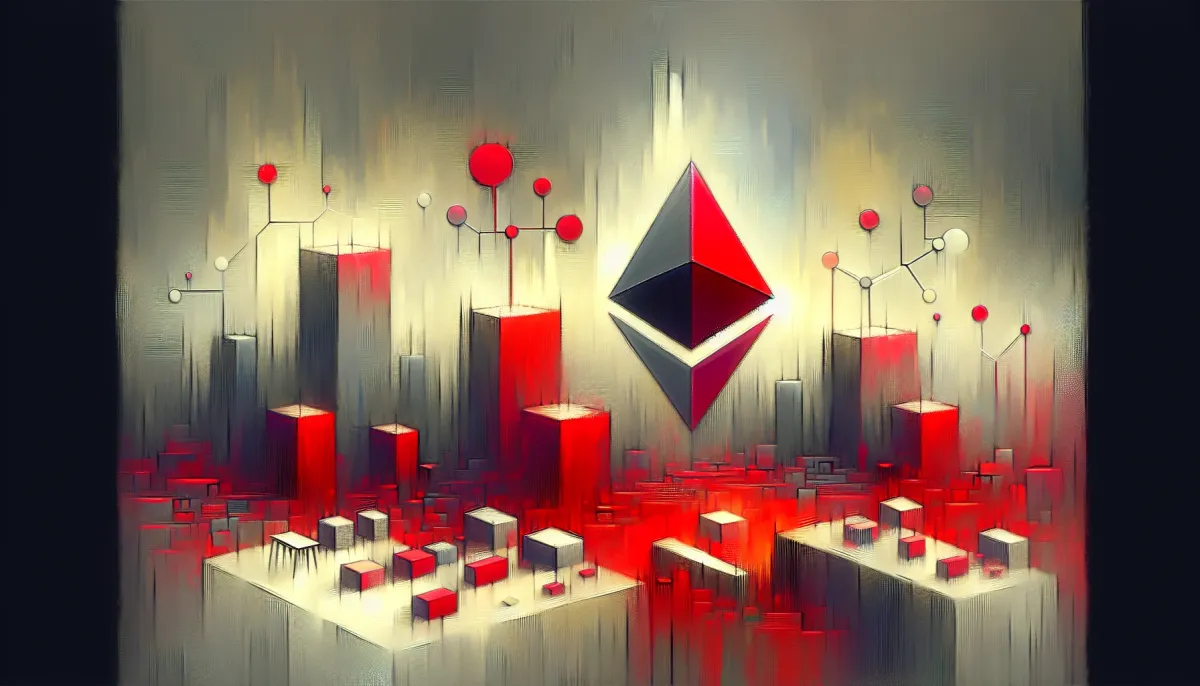Ethereum has introduced a new token standard called ERC-7779. This standard aims to enhance smart account compatibility, make wallet migrations easier, and provide advanced features to improve user experience.
Recently, the Ethereum network has been a hot topic. There’s been buzz about co-founder Vitalik Buterin claiming sole ownership of the Ethereum Foundation. Plus, there’s speculation about the Trump family launching big businesses on the platform.
In a recent interview with Cointelegraph, representatives from the Ethereum Foundation, Trust Wallet, Safe, Alchemy, and Rhinestone discussed what ERC-7779 means for the ecosystem.
ERC-7779 builds on earlier Ethereum Improvement Proposals, like EIP-7702. This earlier proposal allowed externally owned accounts (EOAs) to function more like smart accounts. The new standard tackles challenges that come with Ethereum's evolving account systems. It introduces a unified framework for better compatibility and secure wallet transitions.
Richard Meissner, co-founder of Safe, emphasized the importance of ERC-7779 for maintaining smart account interoperability. He said, “Smart accounts offer many benefits, including upgradeable logic. With EIP-7702 in the upcoming Pectra Upgrade, this now extends to EOAs as well.”
Marissa Posnor, a product manager at the Ethereum Foundation, explained why ERC-7779 is necessary. She highlighted its role in creating a standard interface for managing delegated EOAs and ensuring secure redelegation. “ERC-7779 defines a standard interface for delegated EOAs to manage storage bases and support redelegation securely and efficiently,” she noted. She also pointed out that as the Ethereum ecosystem grows, user expectations around wallet features and compatibility are rising.
The new token standard also simplifies wallet migrations for non-technical users. This means users can switch between wallets without facing technical hurdles or risking access to their assets. David Kim, tech lead at Trust Wallet, mentioned that ERC-7779 “strikes an effective balance” in creating a standard that is “genuinely helpful and easy for wallet developers to adopt.”
Konrad Kopp, co-founder at Rhinestone, added that while the new standard may not simplify the experience for end-users directly, it does allow EOA users to switch securely between smart account implementations.
Beyond just improving compatibility, ERC-7779 aims to make advanced features like transaction batching, automation, and gas abstraction more accessible. Fangting Liu, tech lead at Alchemy, stated that the collaboration on this new token standard is “easily adoptable” across the ecosystem. This allows developers to access and verify information across different smart account implementations. Liu explained, “ERC-7779 introduces a solution to mitigate risks associated with improper storage management in smart account implementations.”
These advancements could mark a significant turning point for the Ethereum ecosystem. They enable users to access advanced capabilities within a more secure framework. As Meissner put it, this could help “smart accounts superpowers go mainstream.”

